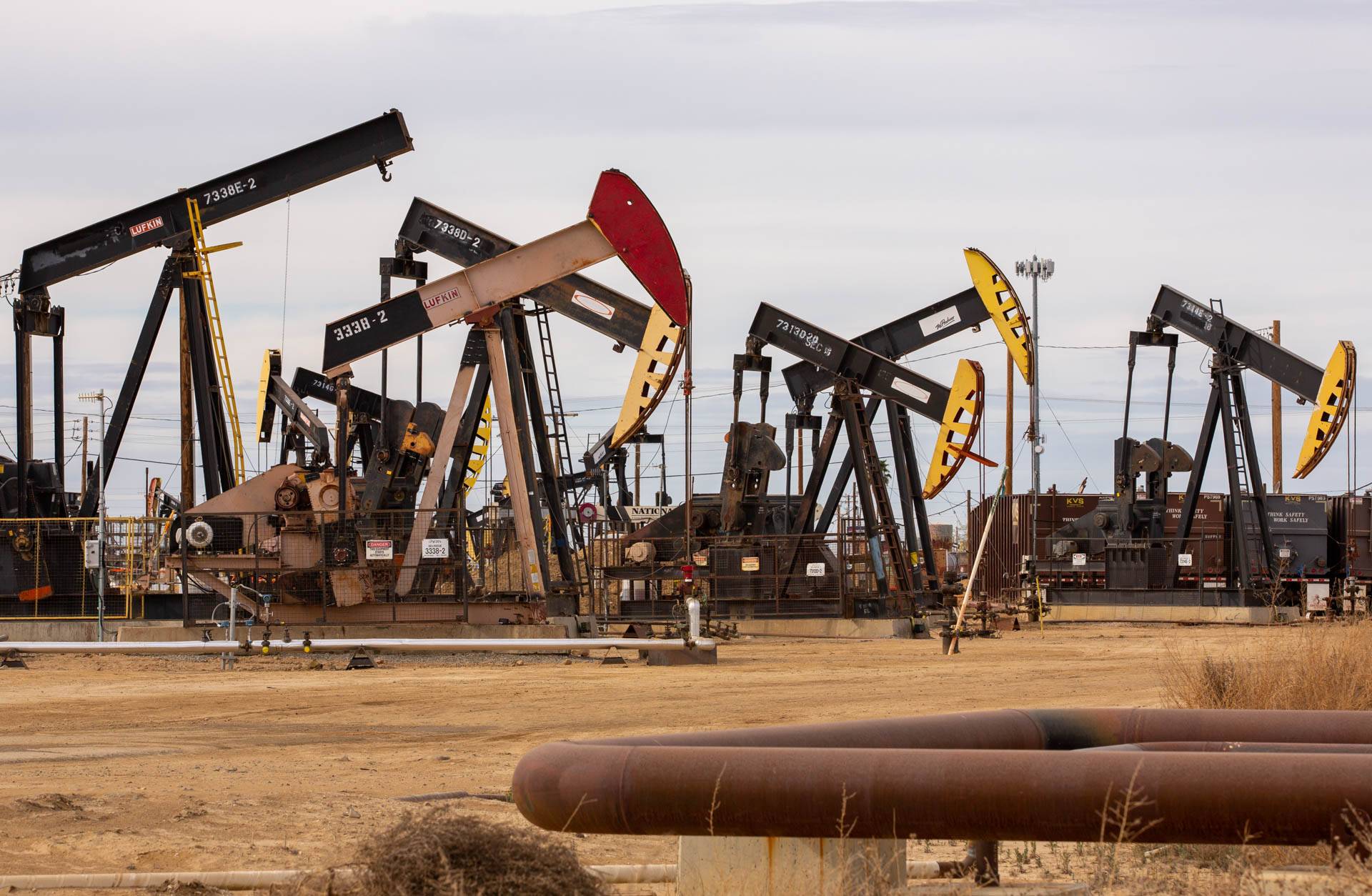"This is an unprecedented business environment requiring reductions to our capital and operating expenses," Pollard said.
The permits allow Aera to complete wells the company drilled last year, she said.
Environmentalists from the Bay Area to Southern California slammed the state's decision.
"Unfortunately, the approval of these permits, especially under this public health crisis, is very worrisome for our communities," said Gustavo Aguirre Jr., a Bakersfield project coordinator with the Central California Environmental Justice Network.
The North Belridge oil field is just outside the western Kern County community of Lost Hills, an area activists have said suffers from poor air quality.
"This is just one more element of stress these communities have to deal with," Aguirre said.
Alexandra Nagy, the Los Angeles-based California director for Food and Water Watch, said the state's move showed the "true oily colors" of Gov. Gavin Newsom's administration.
"Despite his pledges to ban fracking and bring California into a clean energy future, Newsom has quietly fallen into line with the corporate fossil fuel interests that have been polluting the state's air and water for decades," Nagy said. "We're putting the governor on notice: We will be fighting his pro-polluter agenda vigorously at every turn."
Hollin Kretzmann, an Oakland-based lawyer at the Center for Biological Diversity, said the state needs a permanent ban on fracking, not a brief moratorium.
"In the midst of the coronavirus crisis, the last thing we need is more toxic fracking chemicals in the air we breathe," Kretzmann said. "Public health has never been more endangered and we urge Gov. Newsom to do everything possible to protect our lungs and the environment while responding to the crisis."
The permits come five months after the Department of Conservation, which oversees, CalGEM, asked the Lawrence Livermore National Laboratory to conduct an independent review of its pending well stimulation permits.
Wade Crowfoot, the secretary for Natural Resources, said the lab review is one part of the Newsom administration's plan to strengthen the state's oversight of the oil and gas industry.
"We remain committed to these values during this time of crisis," Crowfoot said.
State officials say Lawrence Livermore experts established a more robust process for reviewing permit applications and are requiring oil and gas producers to provide more detailed technical disclosures about their fracking plans.
The lab is now working through 282 other permit applications, according to Department of Conservation spokeswoman Teresa Schilling.
Assemblywoman Laura Friedman, D-Glendale, the chair of the Committee on Natural Resources, praised the Newsom administration for relying on Lawrence Livermore's scientists.
"This is a step in the right direction," Friedman said Tuesday.
"If the state is going to move forward on well stimulation permits, we need to be sure those approvals are science-based, overseen by neutral parties and transparent," she said.
November's changes came at around the same time that the agency imposed a moratorium on new permits for a separate oil extraction technique that uses high-pressure steam and has been linked to a series of large, uncontrolled crude petroleum releases from Chevron wells in the Cymric oil field, also in Kern County.
Those spills, known as surface expressions, were outlawed under regulations implemented a year ago.

